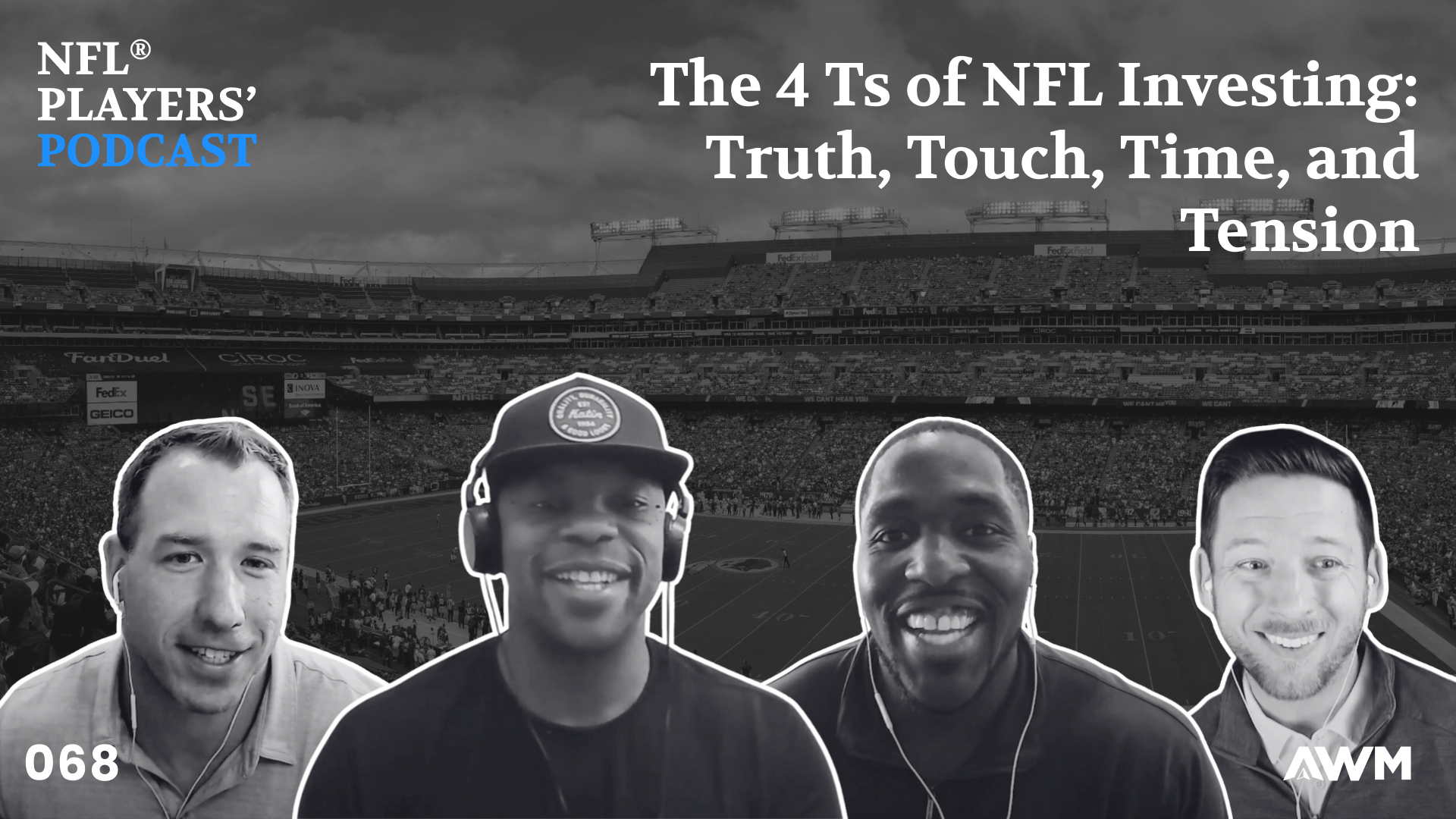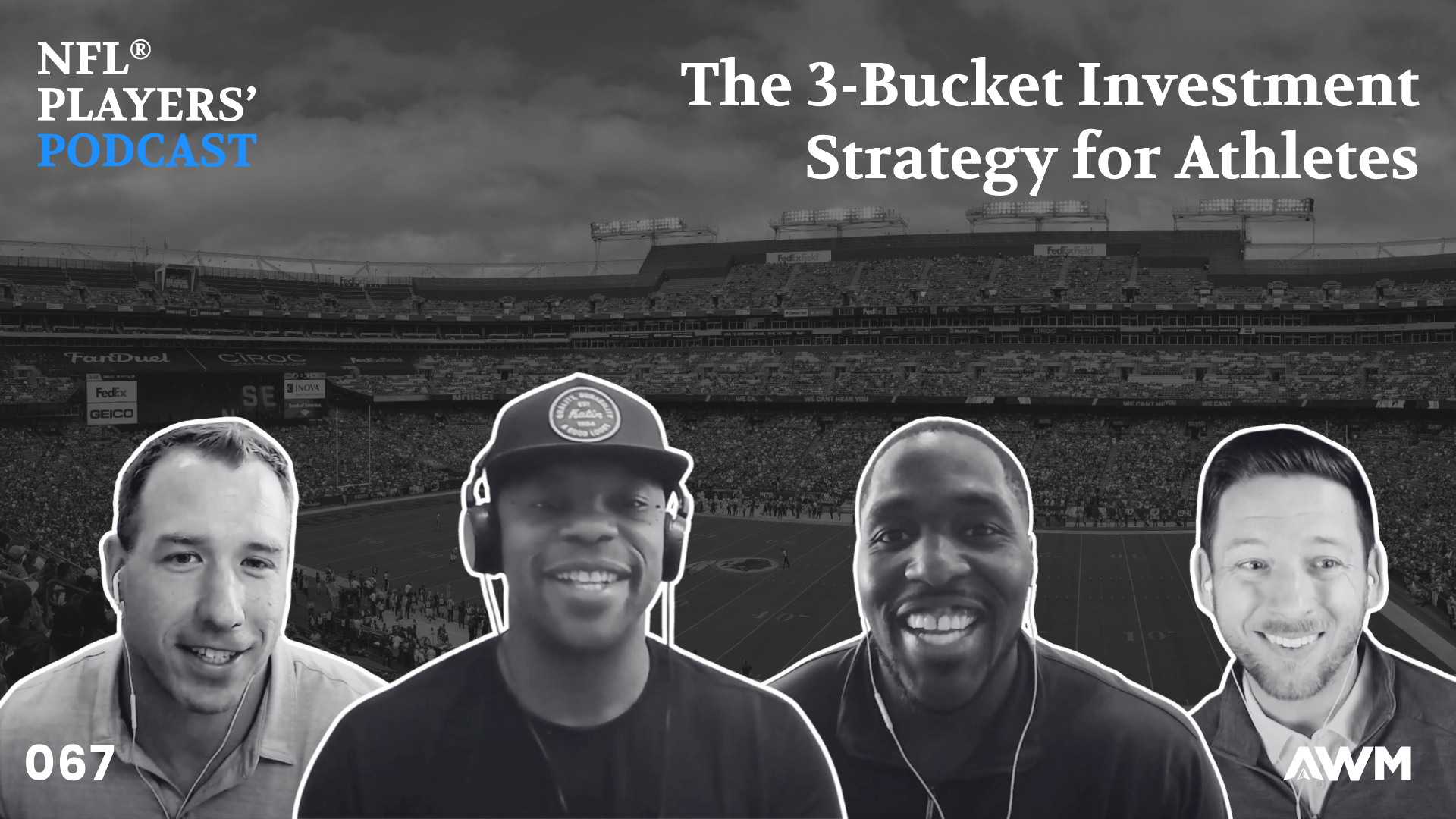Understanding the Difference Between Public and Private Investments

Explore the differences between public and private investments, detailing benefits, risks, and access levels.

Understanding the market
The concept of "the market" is often confusing to understand, especially outside professional contexts like the NFL. In these domains, the term frequently denotes free agency, a space where players assess their value across teams. Similarly, in finance, "the market" refers to platforms where investments are traded, primarily distinguished as public or private. Historically, obtaining a position in these markets required brokers to physically negotiate on behalf of investors in cities like New York and Chicago, bustling with activity similar to a farmer's market.
Today, technology facilitates seamless access to these markets, yet the foundational purpose remains unchanged: to manage investment transactions. Access defines the market experience—public markets prioritize transparency, enabling broad participation. Conversely, private markets extend an exclusive invitation, demanding a significant financial foothold and a nuanced understanding of regulatory variances. In public markets, everyone accesses the same information, while in private ventures, information asymmetry suggests a "buyer beware" approach.
Public markets: Accessible wealth creation
Public markets represent one of the most democratized avenues for wealth creation. They encompass an extensive array of companies, presenting diverse investment options. The hallmark of public markets lies in their historical performance, with the U.S. stock market consistently delivering over 10 percent annualized returns over nearly a century. However, access and participation alone do not guarantee success.
To capitalize on these markets, investors need a commitment to long-term strategies and disciplined decision-making. Many investors falter by abandoning strategies and selling as prices dip. Investment tools like 401(k)s provide foundational exposure to growth assets, supplementing retirement savings and encouraging steady participation from an early stage in one's financial career.
While success stories related to public markets abound, they require persistent, informed engagement. The regulatory frameworks governing these markets ensure transparency and fairness, safeguarding investor interests by making vital information readily available. However, involvement in the public market should never be passive; it demands ongoing vigilance, continuous education, and a robust risk assessment approach.
Private markets: Exclusive opportunities and risks
In stark contrast to the accessible nature of public markets, private markets remain largely out of reach for the average investor. Opportunities within private markets can yield significant returns, sometimes surpassing public market gains, but they require sophisticated navigation.
Access to private markets demands credentials as a qualified purchaser, characterized by having at least $5 million in investable assets. This threshold ensures participants possess the financial acumen to discern lucrative opportunities from potential pitfalls. Without the requisite expertise and access to high-quality investments, engaging with private markets could lead to substantial financial losses and prolonged capital lock-in due to liquidity challenges.
For informed investors, private markets offer a wealth of potential upside. These opportunities, notably in venture capital and early-stage investments, can provide returns significantly above public markets. However, these investments necessitate an in-depth understanding of market dynamics and risk profiles. A strategic approach backed by credible insights and guidance from seasoned professionals often leads to enhanced wealth creation.
Investors must process private market intelligence with caution. Unlike public markets, where collective wisdom underpins investment decisions, private markets necessitate reliance on expert guidance, due diligence, and careful timing. The barrier to entry underscores the need for thoughtful assessment—the most successful investors adeptly balance investment access, potential returns, and comprehensive risk management.
Balancing public and private investments
Succeeding in investing entails navigating both public and private markets strategically, recognizing the strengths and limits of each domain. While public markets offer stability, liquidity, and transparent regulations, they inherently involve competition and may limit access to some high-yield opportunities prevalent in private markets. Private markets, however, can amplify potential gains but require informed strategies to manage the unique risks and buyer responsibilities inherent in these investments.
For many investors, the ideal strategy involves a balanced portfolio combining investments in public and private markets. By maintaining public market positions, investors benefit from foundational growth and stability. Simultaneously, strategic forays into private investments enable those who meet the access criteria to seek higher returns. Determinants of success include sustained focus, an openness to learning, and partnering with informed advisors who navigate these complex terrains.
Understanding the balance between public and private markets is crucial. Public markets offer immediate liquidity, facilitating diverse asset management, while the private undertakings reward patience and strategic risk-taking. Nevertheless, failure to thoroughly vet private opportunities may lead to extensive financial setbacks. The key lies in leveraging both markets' strengths, using public investment stability to mitigate private market volatility.
Stick to the guiding principles
Investment success demands a dual understanding of public and private markets, capitalizing on their respective opportunities while navigating inherent challenges. Public markets offer regulated accessibility and historical stability, forming a reliable wealth-building foundation. When approached with expert knowledge, private markets can elevate returns considerably, catering to savvy investors equipped to manage elevated risk factors. The guiding principles of due diligence, strategic planning, and long-term vision drive a sustainable approach to investing—enabling investors to unlock significant wealth over time.
Transcript
Share this post
Related articles
Your Family Office

We're here to help you navigate.
Our advisors are ready to serve as your Athlete Family Office.
Your Family Office

We're here to help you navigate.
Our advisors are ready to serve as your Athlete Family Office.











